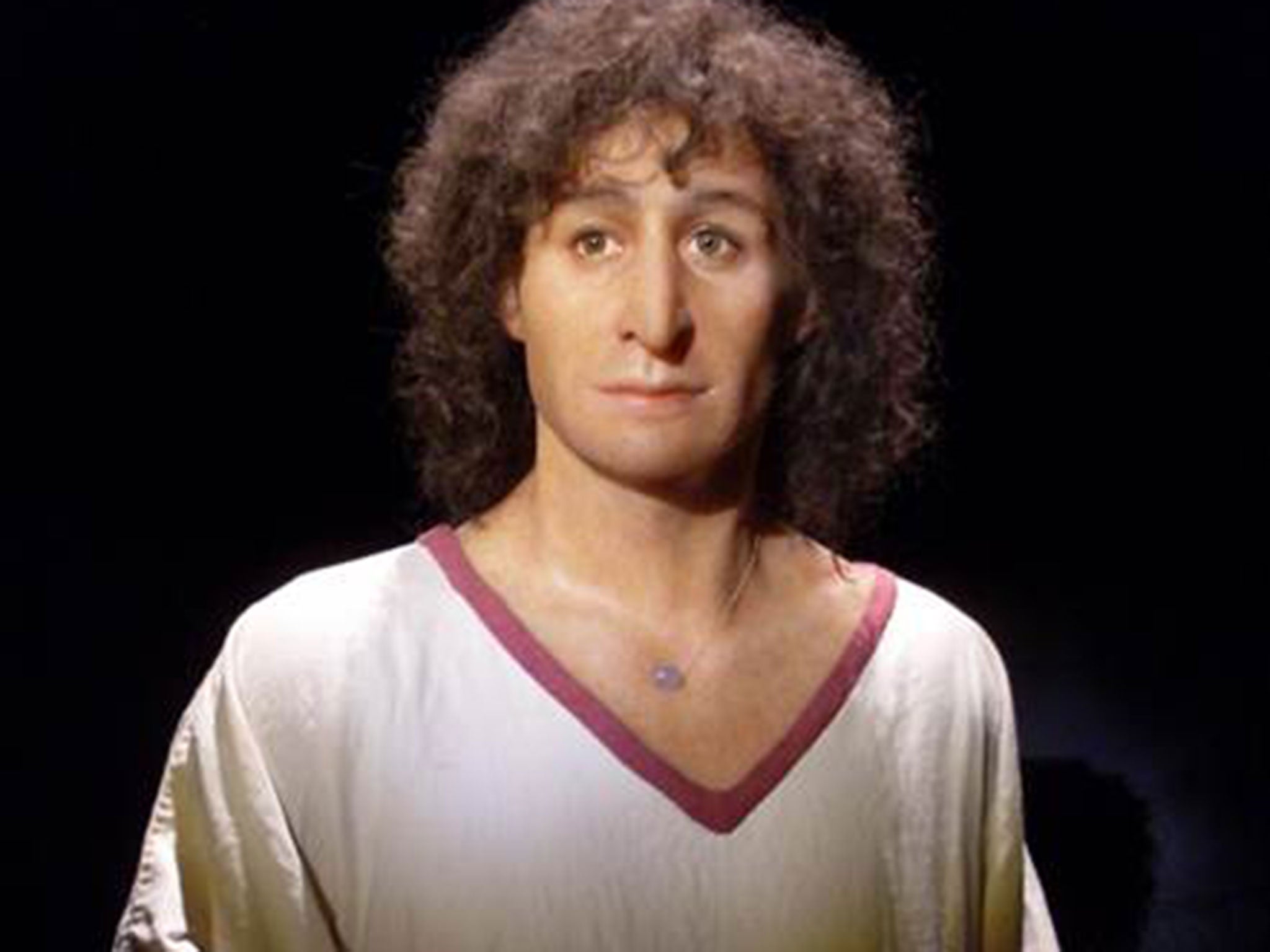DNA of ancient Phonecian could make us reconsider history of human migration
The genome testing was the first of its kind on a Phoenician

A rare genome has been identified in an ancient body pulled from a sarcophagus on a site near ancient Carthage, in a discovery which could throw new light on the history of human movement.
The DNA of the 2,500-year-old remains of the ‘Young Man of Byrsa’ , discovered in 1994 and believed to be that of a young male Phoenician, was sequenced by a team of scientists.
They found it contained an extremely rare type of genome sequence, known as U5b2c1, which is almost unknown among modern populations. The research has now been published in the scientific journal Plos One.
“This is first example of an ancient Phoenician genome,” Professor Lisa Matisoo-Smith, co-leader of the study with Dr Pierre Zalloua, told The Independent. The DNA was found on the site of Byrsa, a citadel close to the ancient city of Carthage, which now just outside Tunis, Tunisia.
Though the Phoenicians were an influential people, relatively little is known about them. They are believed to have originated from the Lebanon now is and their influence expanded across the Mediterranean as far as the Iberian Peninsula. Along the way, they established settlements and trading posts. The city and trade centre of Carthage in Tunisia, North Africa, is believed to have been established as a Phoenician port by colonists from Lebanon.
However, the U5b2c1 sequence has not been found in modern Lebanon. Just one person - in Portugal - has been found to carry exactly the same genome.

To find European lineage in North Africa dating from 2,500 years ago was “very unexpected”, the professor said. The scientists were expecting to find DNA of indigenous North African lineage, because of the location, or from the Near East, because of the history of Carthage.
However, because of known trade networks linking Carthage and the rest of the Mediterranean, the find is not unexplainable, the researchers said, despite the surprise it caused them.
“This is the earliest European lineage recorded in North Africa, so in a way it not only helps us understand Phoenician history, but also makes people [re]think about the history of human mobility,” said Prof Matisoo-Smith.
Analysing ancient DNA (known as aDNA) has allowed researchers to identify where different people were at different specific points in time.
“Before, when we only looked at modern DNA, we had to guess or try to reconstruct how and when different lineages may have appeared,” said the professor. “This means that we missed a lot of prehistoric population history, since we now know that many populations were replaced by incoming farmers and so on.
“In reconstructions of genetic variation in the Mediterranean, there hasn’t been much consideration of Phoenician trade networks and the likelihood of people moving long distances and spreading those genetic markers widely.”
Similarly to Roman Britain, although several hundred years earlier, the research shows Phoenician cities were diverse and often moved with trade networks.
Prof Matisoo-Smith and her team hope this finding is the first result in what will become a major study of ancient Phoenician remains, in collaboration with archaeologists across the Mediterranean.
Join our commenting forum
Join thought-provoking conversations, follow other Independent readers and see their replies
Comments
Bookmark popover
Removed from bookmarks